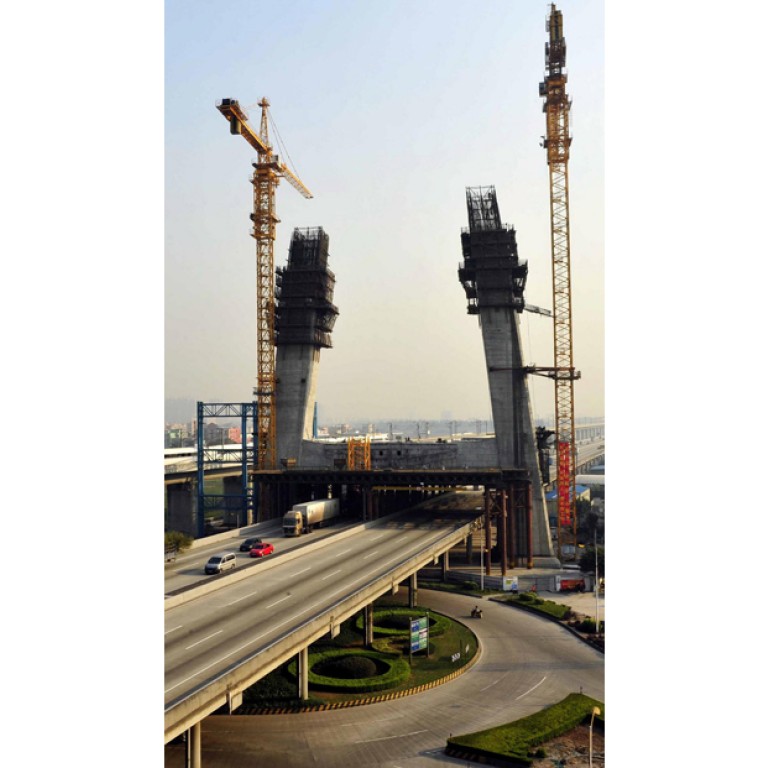
Guangdong governor to boost Pearl River Delta integration project
Little progress made on goal of co-ordinated regional development by 2020, experts say
Guangdong governor Zhu Xiaodan told provincial people's congress deputies yesterday that the provincial government would unleash a new multi-year initiative to speed up the delta's integration.

"Co-ordinating development between rural and urban areas is one of the most important and difficult tasks of our province," Zhu said.
The integration of cities under the Pearl River Delta Reform and Development planning framework is a priority of the province's 12th five-year plan.
The framework was endorsed by the State Council in 2009 as a regional development blueprint up to 2020.
But with only eight years left until the end of 2020, Guangdong is racing against time to complete delta integration.
Professor Zheng Tianxiang , a delta planning expert, at Guangzhou's Sun Yat-sen University said progress in delta city integration to date had not been remarkable.
"Other than high-speed rail links and light rail construction, progress on basic city integration has been lacklustre," Zheng said. "Take Guangzhou and Foshan for example. The two neighbouring cities are still using different area codes and different annual toll tickets.
"This is due to unresolved conflicts of interest. Synchronising Guangzhou and Foshan's area codes would mean a loss of income for China Telecom and this has yet to be worked out."
Dr Peng Peng, a researcher with the Guangzhou Academy of Social Sciences, shared similar views.
"Guangdong is trying to speed up the development goal of fully integrated delta cities and doubling residents' incomes by 2020, but unresolved issues such as hardware barriers and conflicting interests among state-owned [telecommunications] enterprises have delayed development progress," Peng said.
However, he said a recent reform drive at the national level could help remove some of the stumbling blocks.
Zhu also said co-operation would be deepened in three major economic power clusters: Guangzhou, Foshan and Zhaoqing ; Shenzhen, Dongguan and Huizhou ; and Zhuhai, Zhongshan and Jiangmen .

